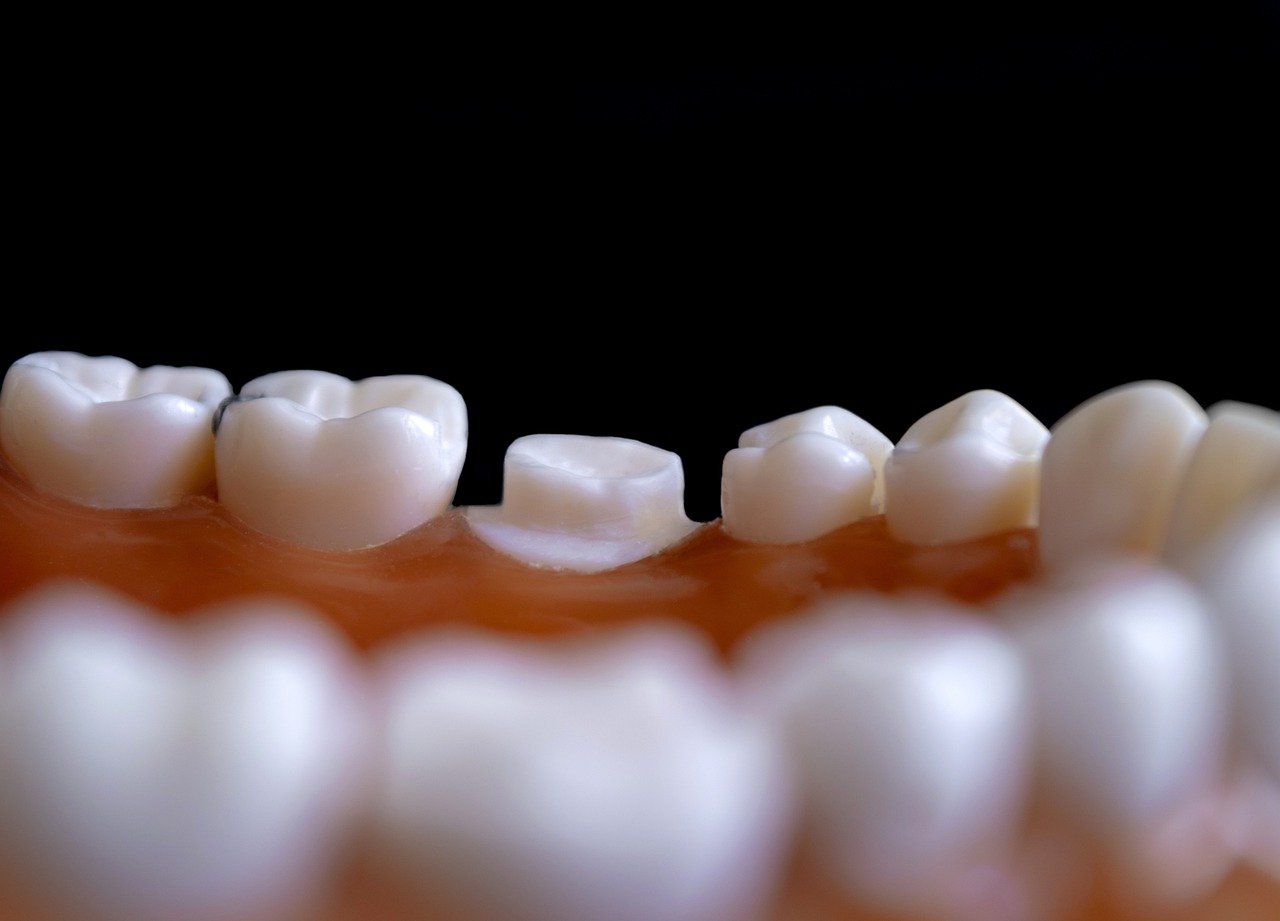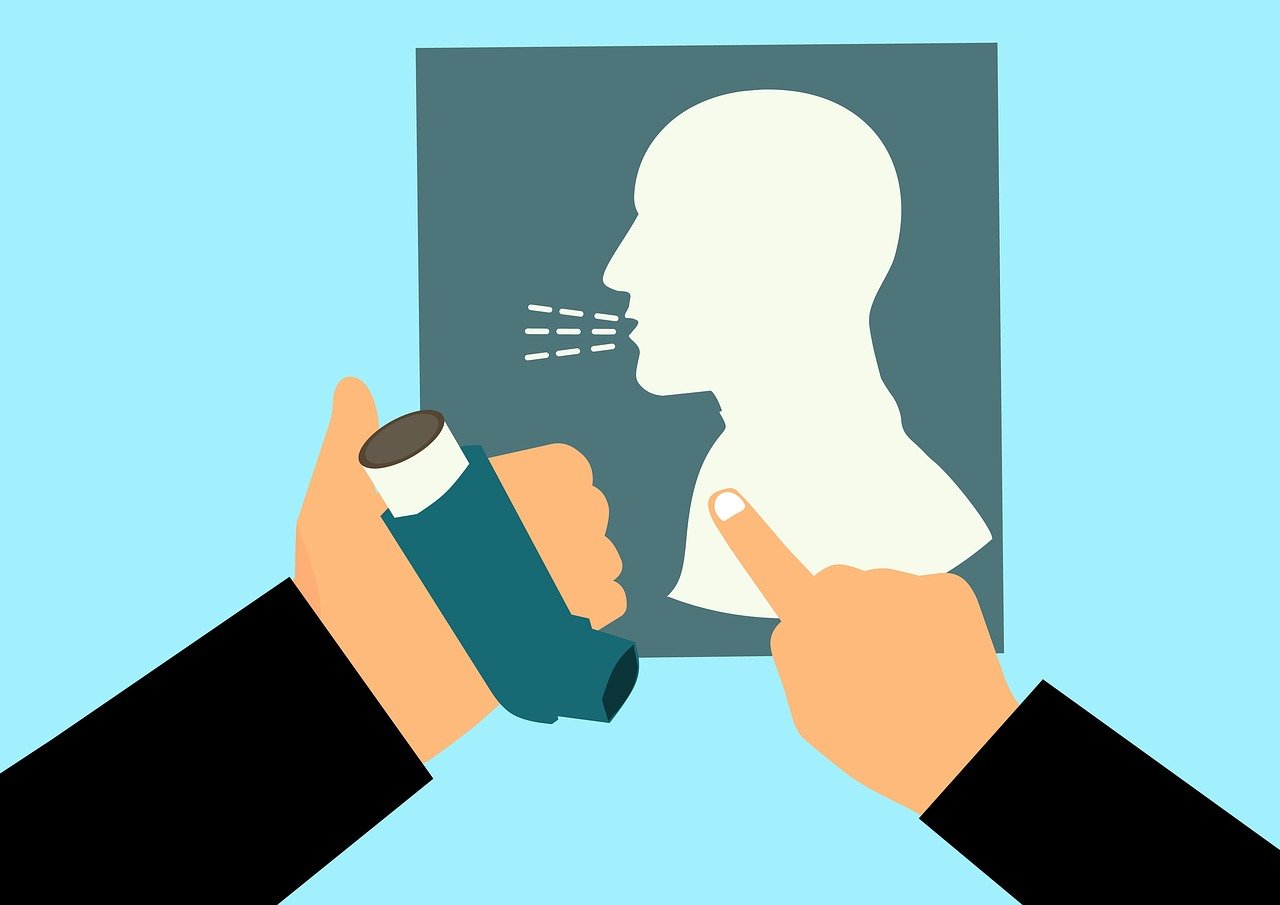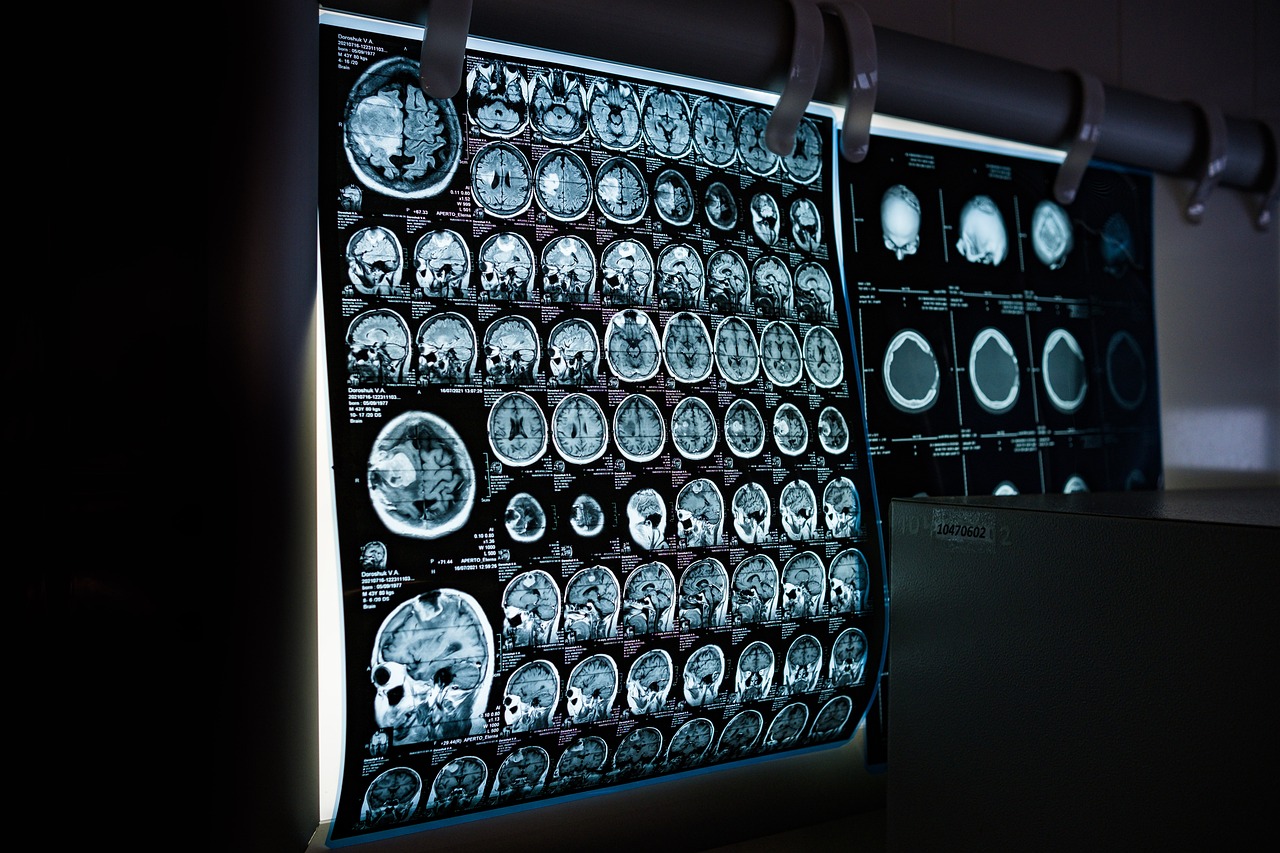At this stage, more and more patients with tooth loss will choose dental implants, dental restoration operations, compared with traditional dentures, dental implants and their own teeth have a different flavor, in chewing, pronunciation function is better, and has a strong degree of comfort and aesthetics, belong to most of the missing teeth restoration program. In reality, there are many patients after dental implants, within a short period of time, there will be dental implants inflammation, fall off, fracture and so on, this situation is caused by a variety of factors, may be related to medical treatment, and may also be related to the patient’s use, maintenance, in order to avoid the emergence of this situation, the need for dental implants to carry out a reasonable and scientific long-term maintenance, to ensure that dental implants years of life, and to improve the quality of life of patients with dental implants. Quality of life of dental implant patients. At present, there are still many people do not know how to carry out long-term maintenance for dental implants, the following are the measures for long-term maintenance of dental implants, hope to help people understand more knowledge.
The difference between dental implants and natural teeth
At this stage, dental implants are very close to natural teeth in appearance and function better than traditional dentures, but due to material and anatomical limitations, they cannot completely replace natural teeth. Compared with natural teeth, the differences between dental implants include the following three aspects.
(1) Difference in materials: Dental implants and abutments are mainly made of titanium alloy, zirconium oxide and other biocompatible materials, so if they are affected by external forces or overuse, then the implants and abutments will break and the teeth will loosen. (2) Combination with bone: Natural teeth and alveolar bone are mainly connected by periodontium, which has a corresponding buffer space. Dental implants are directly combined with the alveolar bone, and there is no corresponding buffer, and its firmness will be affected by various factors. Inflammation around the implant, trauma, excessive biting force, etc., may produce alveolar bone resorption, which may cause dental implants to fall off and loosen. (3) Infection resistance: In case of poor oral hygiene or unhealthy surrounding tissues, dental implants and natural teeth are more prone to inflammation, and dental implants are not easy to control once they are inflamed.
Long-term maintenance of dental implants
(1) Maintain good oral hygiene: Oral hygiene is the basis for maintaining the health of dental implants, patients need to take the correct way of brushing, must adhere to the morning and evening brushing, to develop a good habit of brushing, you can also use dental floss, dental floss, etc., to the dental implants around the tissues of the comprehensive cleaning, to prevent the residue of bacteria. (2) Prevent chewing too hard food: For example, nuts, sugar cane, pig bones and other food, for dental implant patients, you need to avoid eating these hard food, because dental implants can not withstand too much to be reasonable, chewing too hard food will lead to dental implant fracture or fall off, resulting in dental implant failure, which not only affects the quality of life of the patient, but also affects the overall aesthetics of the teeth. (3) Quit smoking: Cigarettes contain nicotine and tar and other carcinogens, the periodontal tissue will produce chronic stimulation, affecting the recovery of dental implant periodontal wounds, and prolonged smoking will also produce stains, so that the surface of the dental implant has become rougher, and calculus is easy to be deposited, which in turn caused the emergence of gingival inflammation. This requires dental implant patients to reduce the number of times they smoke or quit smoking after dental implants. (4) Intervene in oral parafunctions such as night grinding: If you find that you grind your teeth at night, you need to find a dental implant surgeon in time to make night grinding pads that meet the patient’s needs and help dental implant patients to reduce the damage caused by grinding their teeth on the dental implants. (5) Regularly go to the hospital for follow-up: The alveolar bone of human teeth changes accordingly with age. By regularly going to the hospital for follow-up, the doctor can make timely adjustments or give the next step in the treatment plan. At least 1-2 times a year to review the dental implants and natural teeth for periodontal maintenance, the periodontal calculus and plaque removal, but also to check the dental implants connected to the place whether the loosening, or the emergence of the bite is not coordinated with the situation, the emergence of abnormalities need to be adjusted in a timely manner. (6) Need to develop the habit of rinsing after meals: Dental implant patients can use 0.12% chlorhexidine rinse after meals, each time the best use of 10 ml, need to be used 1-2 times, to be used alternately with saline, so that the effect will be more pronounced, but is not recommended to use for a long time.
The above is the way of long-term maintenance of dental implants, you can know that natural teeth are our original and best teeth, we need each of us to maintain proper oral habits, develop good living habits and eating habits, regular checkups at the dentist hospital, to prevent tooth defects from the source. When their own teeth defects are too serious, the need to remove the teeth, dental implants, to help patients restore the integrity of the teeth, in the implanted teeth need long-term care, every morning and evening brushing twice, reduce the number of times and the frequency of smoking, regularly to the regular dentist for review, as early as possible to find the existence of dental implant problems, timely adjustment of the dental program to ensure long-term stability of the dental implants.



